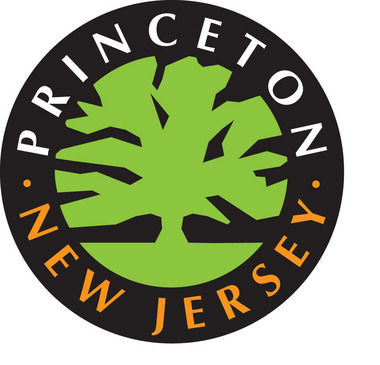By Philip Sean Curran, Staff Writer
Mayor Liz Lempert and the Princeton Council are being urged to end a court case about what the town’s obligation is to provide low and moderate-income housing., The municipality along with West Windsor, Lawrence, East Winsor and Hopewell Township are in the midst of a trial before Superior Court Judge Mary C. Jacobson, sitting in Trenton, to determine what their “fair share” obligations are from 1999-2025. The Fair Share Housing Center, an advocacy group based in Cherry Hill, contends Princeton has an obligation of more than 1,000 units, while Princeton argues the number is 445. The town would get credit toward for existing affordable housing that went up during that time and receive other credits., Advocates for affordable housing said Princeton needs to get out of court and reach a settlement., Rich Gittleman, the president of the Board of Trustees of Princeton Community Housing, issued town officials a public letter urging them to end the litigation and “negotiate a fair share allocation now … .” PCH manages and develops affordable housing., “Every day we see the growing need for affordable homes,” he wrote in his Jan.17 letter. “The lack of a sufficient number of homes at all price points prevents seniors from remaining in their community, forces workers to commute long distances, discourages employers from locating or expanding their businesses here, hinders economic growth and limits the socioeconomic diversity that so many in Princeton appreciate.”, Then Monday, Princeton resident Sam Bunting went to the council meeting to present officials with a poster-sized petition signed by 200 people urging the town to end the “current legal action that is aimed at limiting and reducing our town’s future affordable housing obligations,” the petition read in part., In remarks to the Council, Mr. Bunting said Princeton has a history of trying to provide affordable housing. But he said the litigation “seems intended to reduce our historic commitment to providing housing for people of all different kinds of backgrounds.”, For her part, Mayor Liz Lempert said officials shared his sentiments about “the importance of Princeton’s commitment to affordable housing and the importance of us trying to reach a settlement.”, “And we are working hard to do that,” she said., Councilwoman Jenny Crumiller said there is a false impression about the town’s view., “I just want to assure everyone we also want to settle. But for some reason people are emailing us and telling us please settle as if we don’t want to settle,” she said. “But both sides need to agree to a settlement.”, Councilman Bernard P. Miller said the town is willing to negotiate. “We’ve made that clear,” he said., On Twitter Monday, Fair Share Housing said: “We can negotiate in public if that is what they want.”, New Jersey towns have a constitutional responsibility to use their zoning power to make affordable housing opportunities available, the state Supreme Court has ruled. In 2015, the high court shifted the enforcement of those requirements to trial courts, having removed that responsibility from the state Council on Affordable Housing, the agency that had been unable to come with new guidelines for towns. Princeton and other towns have gone to court to see what their housing obligation is and have a judge approve of their plan to meet it., “We’re asking the trial court to determine what our number is and then whatever that number is, we will come up with a plan to meet or exceed that number and we will submit it to the court for the court’s approval,” town attorney Trishka W. Cecil said Monday., Princeton makes developers set aside a portion of new residential units for below market rate housing. There is a 20-percent requirement, in the former borough, for any development of five units or greater, while any high density project in the former township has to have the same 20-percent set aside. For instance, the AvalonBay project was approved for 280 units, 56 of which have to be affordable., But in terms of where new units might go, Princeton is a mostly built up community, Mayor Lempert has said. One area, though, will be when Princeton University redevelops the former Butler tract graduate housing site, with a multi-unit development. While no project is imminent, Nassau Hall is interested in building hundreds of new residential units there, a portion of which will have to be set aside for affordable housing.

